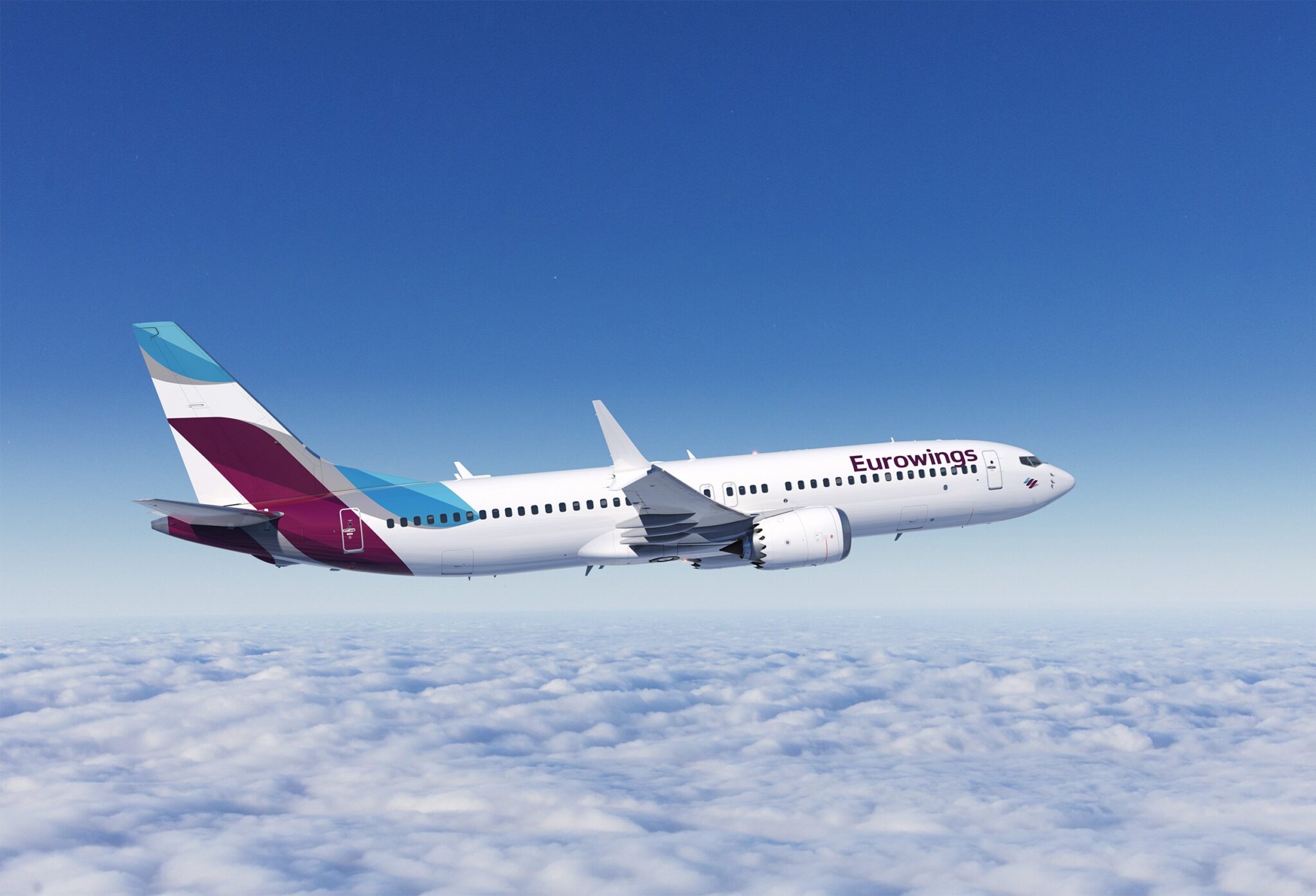Tourism to Cuba Will Grow But How Fast Remains to be Seen

Skift Take
American tourists will likely become a more common sight in Cuba now that the U.S. plans on normalizing relations with the island, though it's unclear in the short term whether their arrival will be loud or simply background noise.
Americans, including Cuban-Americans, have taken trips to Cuba for several years and visitation numbers show 2014 will set an embargo-era record. Many Europeans and Canadians have considered Cuba a favorite vacation spot for years.
President Obama's decision to ease travel restrictions means there will be an increase in tourism, although limitations will remain. The new policy doesn't mean people who never traveled to Cuba will suddenly decide to take a trip there or will even be allowed to.
Travel Leaders Group, one of America's largest travel agencies, conducted a survey of its travel agents earlier this year and found that while 55.3% of respondents said they had clients entertaining the idea of a Cuban vacation, 44.6% indicated that interest hadn't translated into a booking.
Tourism is a vital part of most Caribbean economies, and that is true in Cuba, as well. According to the World Travel and Tourism Council (WTTC), which tracks economic data on destinations going back to 2004, Cuba tourism contributed 9.8% to its gross domestic product in 2014.
In 2013, Cuban tourism's contribution to its GDP was 2.5%, less than Aruba's (26.4%), Bahamas (20.4%), and the Dominican Republic's (4.7%), for example. Cuba also ranks below these islands and others for tourism's contribution to employment (9.8%).
Present and Future Tourism Impacts
The WTTC made forecasts about tourism's contribution to Cuban GDP prior to President Obama's announcement yesterday about the U.S. normalizing relations with Cuba.
It is unclear at this point how U.S. tourism to Cuba will evolve. For example, today U.S. tourists have to book travel to Cuba through certified travel agencies. It is far from certain, but perhaps in the coming years as relations evolve there might be broader categories of Americans eligible to travel to Cuba and maybe they'll be able to book their trips on Expedia or Orbitz or through any other agency.
The WTTC's pre-Obama announcement forecast saw Cuban tourism growing over the next decade, but it would only be chasing its contribution levels from a decade ago.
The 4.75 million international tourists forecast to visit Cuba in 2024 would funnel in more than $4.6 billion, up from the 2.9 million tourists spending $2.6 billion this year.
The direct tourism contribution, including resident and businesses' domestic tourism spending, visitor exports, accommodation services and retail trade would be roughly 2.8% of Cuba's GDP in 2024, nearly one percentage point less than what it was in 2005.
Cuba tourism's employment contribution follows a near identical trajectory to its GDP contribution. With a population of about 11 million, this year nearly 120,000 Cubans were directly employed in the island's travel and tourism industry and by 2024 that number would rise to 140,000 and account for only 2.7% of the economy's total employment. Both the number of direct jobs and its total percentage of employment by 2024 would only reach 2006 levels.
This year, the total tourism employment number is 440,000, including jobs indirectly supported by the industry, and by 2024 that number would grow to 516,000 and occupy 10.5% of the economy's total employment.
Below is WTTC's full 2014 report on Cuba.
[gview file="http://skift.com/wp-content/uploads/2014/12/cuba.pdf"]




